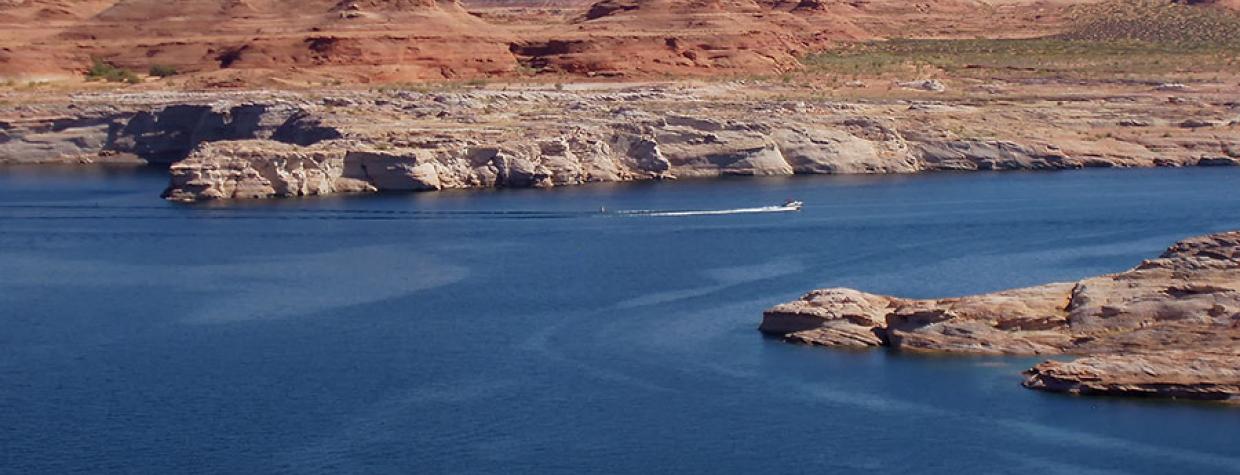Researchers from the U.S. Bureau of Reclamation and the Desert Research Institute are teaming up to study evaporation at Lake Powell and Lake Mead.
What they find will help them better understand how much water is lost to evaporation at the country's two largest reservoirs, which could create new water management strategies.
Floating platforms with remote sensors have been deployed on the lakes at the Arizona-Utah border to measure water temperature, weather conditions and other variables. Data will be collected over the next couple of years in hopes of producing a more accurate evaporation estimate.
The current system for estimating water loss is "not considered very representative" of the actual amounts, according to a hydrologic engineer with the Bureau of Reclamation. Under the present system, it is estimated that Lake Powell lost about 386,000 acre-feet of water last year. But researchers believe that estimate could be off by about 20 to 30 percent.
According to KTAR, the U.S. Geological Survey did a similar study with Lake Mead in 2010 and found the first year's evaporation rate was 4.5 percent higher than the estimate, while the following year, it was 5.3 percent lower. Researchers anticipate similar findings from Lake Powell.

